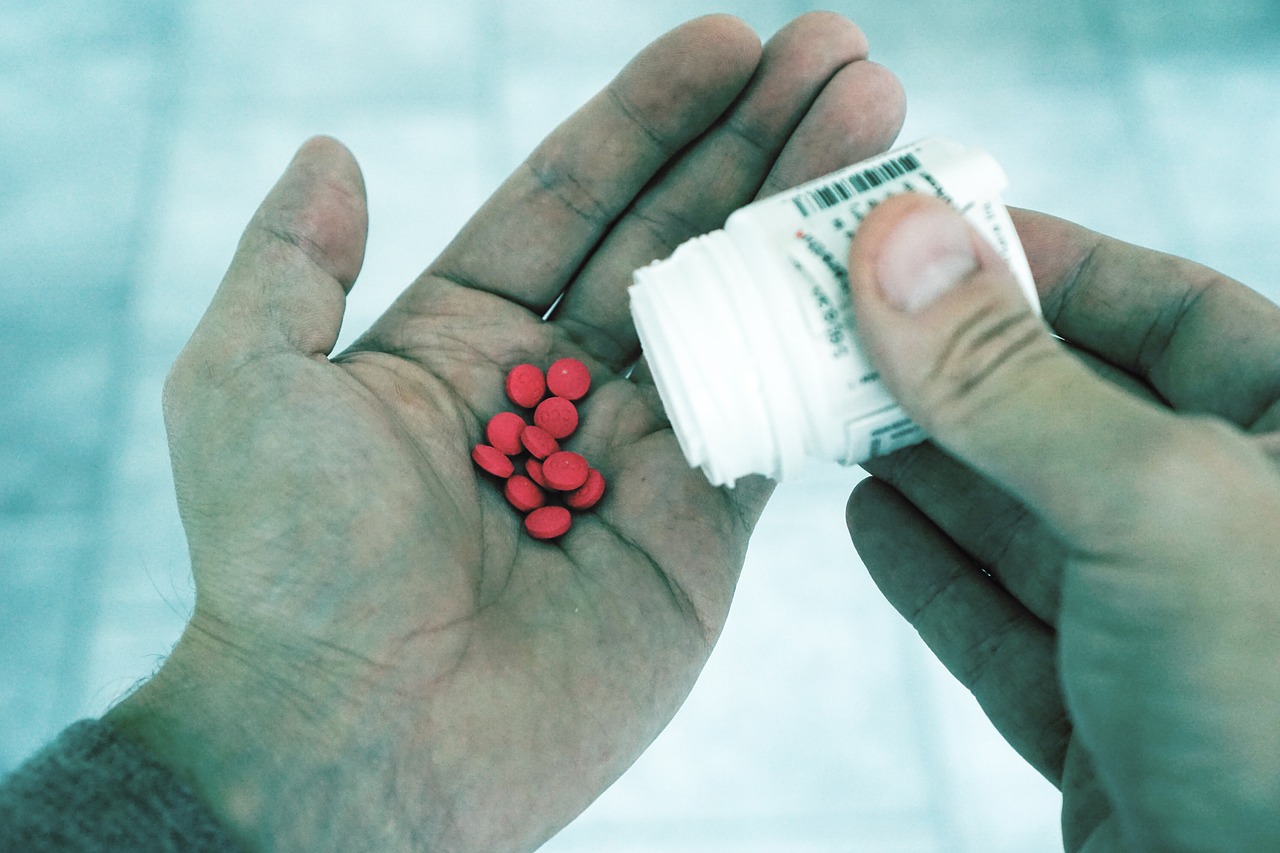Rheumatoid arthritis patients who keep using their disease-modifying antirheumatic drugs prior to surgery do not face an increased risk of infection after their procedures, according to new research findings.
Rheumatoid arthritis (RA) is a chronic disease that causes pain, stiffness, swelling, and limitation in the motion and function of multiple joints. Though joints are the principal body parts affected by RA, inflammation can develop in other organs as well. An estimated 1.3 million Americans have RA, and the disease typically affects women twice as often as men.
Because disease-modifying antirheumatic drugs (DMARDs), including methotrexate and biologic agents like tumor necrosis factor inhibitors (TNFi) suppress the immune system and can increase susceptibility of infections, RA patients often are advised to stop taking these drugs prior to surgery. To assess whether the risk of post-operative infections is greater for RA patients who continue their therapy through surgery compared to those who do not, a group of researchers examined data from 9,362 surgeries performed on 5,544 RA patients to assess the risk of infection.
“Patients have higher chances of flare-ups if they discontinue their RA medication for a period of time prior to surgery,” says Hsin-Husan Juo, MD, a rheumatology fellow the University of Washington School of Medicine and the lead author of the study. Patients who have flares usually are required to take prednisone for a period of time to calm down the inflammation, then it takes another two to three months for either DMARDs or TNF-inhibitors to be fully effective after restarting, she says. “Prednisone is well known for delaying wound healing and increasing the rate of infection, which would increase post-surgical complications. Therefore, whether discontinuing DMARDs or TNF-inhibitors prior to elective surgeries is necessary or not is an important issue.”

The researchers identified surgical procedures performed on RA patients between 1999 and 2009 by using the United States Department of Veterans Affairs (VA) databases and surgical quality registry. The patients selected were on at least one DMARD or biologic drug, such as TNFi drugs, prior to surgery. With the information provided by VA pharmacy database records, a previously validated algorithm was used to determine if these patients stopped their medication before surgery or stayed on therapy. Patients were grouped based on their therapy: methotrexate alone, hydroxychloroquine alone, leflunomide alone and methotrexate plus a TNFi. The researchers then measured total infectious complications and wound infections in each group.
Many RA patients stay on therapy despite the perceived infection risk, says Juo. Out of 2,600 surgeries on patients taking methotrexate alone, therapy was continued in 1,961 procedures. Out of 2,012 surgeries on patients taking hydroxychloroquine alone, therapy was continued in 1,496 procedures. Out of 652 surgeries on patients taking leflunomide alone, therapy was continued in 508. Out of 386 surgeries on patients taking a combination of methotrexate and TNFi, both drugs were continued in 196 surgeries, while methotrexate was stopped and TNFi continued in 59 surgeries. In 72 surgeries, TNFi was stopped but methotrexate was continued. Both drugs were stopped in 59 surgeries. Continuation of therapy prior to surgery was not associated with increased rates of overall post-operative infections or wound infections in any of these treatment groups.
“Our findings show that discontinuing methotrexate, hydroxychloroquine, leflunomide monotherapy and TNFi plus methotrexate therapy is not associated with increased risk of post- operative infectious complications,” says Juo. “Therefore, surgeons and rheumatologists should consider continuing medication during the perioperative period to have better control over RA. This will decrease the possibility of requiring steroid therapy and maintain better post- operative functional status.”
In the future, these researchers plan to extend the study to 2015 and explore more sub-group analyses for specific surgeries as well as more biologics to gain more insight into infection risk with continuation of disease-modifying therapies.




